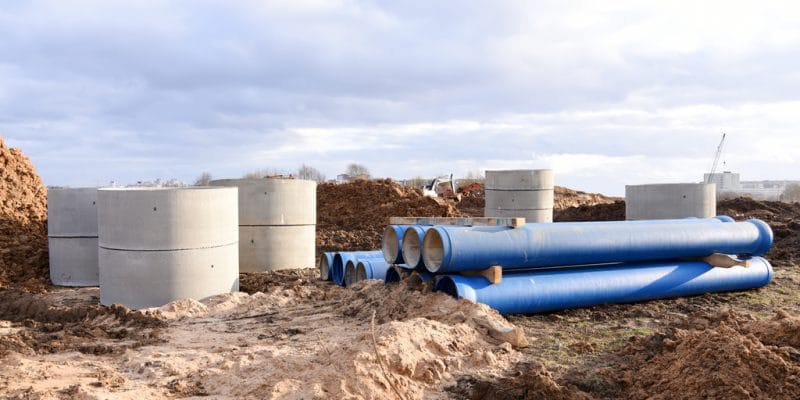People in Yaoundé, the political capital of Cameroon, will benefit from improved sanitation services and new storm water drainage systems thanks to a loan from the African Development Bank (AfDB). The financing approved on December 14th, 2021, amounts to $38.55 million.
The African Development Bank (AfDB) has confirmed a loan of $38.55 million to Cameroon. The funding from the African Development Fund, (and) the pan-African group’s concessional financing window, will be used to carry out part of the work planned under the Yaoundé Sustainable Sanitation Complementary Project (PCADY).
The AfDB funds will specifically support waste management, sanitation, and storm water drainage in Cameroon’s political capital Yaoundé. As designed by the Cameroonian government, PCADY will require a total investment of $42.84 million. The remaining $4.28 million will be provided by the Cameroonian treasury.
Expanding drainage systems
“The Global Environment Facility (GEF) will provide an additional $8 million,” the AfDB says. As for rainwater, a flood control basin and a canal on the Djoungolo River will be built. A scupper will also be built in front of the municipal roadway (Avenue Charles Atangana) connecting the Mingoa River canal to the Mfoundi River. The PCADY also aims to reinforce and widen the roads along the banks of the canal built on the Abiergue River, and to rehabilitate the Mfoundi street that gives access to the eponymous market, which was damaged during the construction of the canal.
Read Also – Urban sanitation, a major challenge for sustainable cities in Africa
These various works will help reduce flooding and improve the fluidity of urban traffic in the city of Yaoundé, whose population is estimated at about 3 million inhabitants. PCADY will also help improve sanitation services and household waste management through the installation of public toilets to reduce open defecation and the deployment of garbage bins. “In its completion phase, the project will provide institutional support and capacity building to technical ministries, municipalities and other stakeholders in pre-collection and waste recovery,” says the AfDB.
The Yaoundé City Sustainable Sanitation Complementary Project is aligned with the AfDB’s National Development Strategy 2020-2030 and Country Strategy Paper 2015-2020 for Cameroon, extended to 2022.
Inès Magoum







